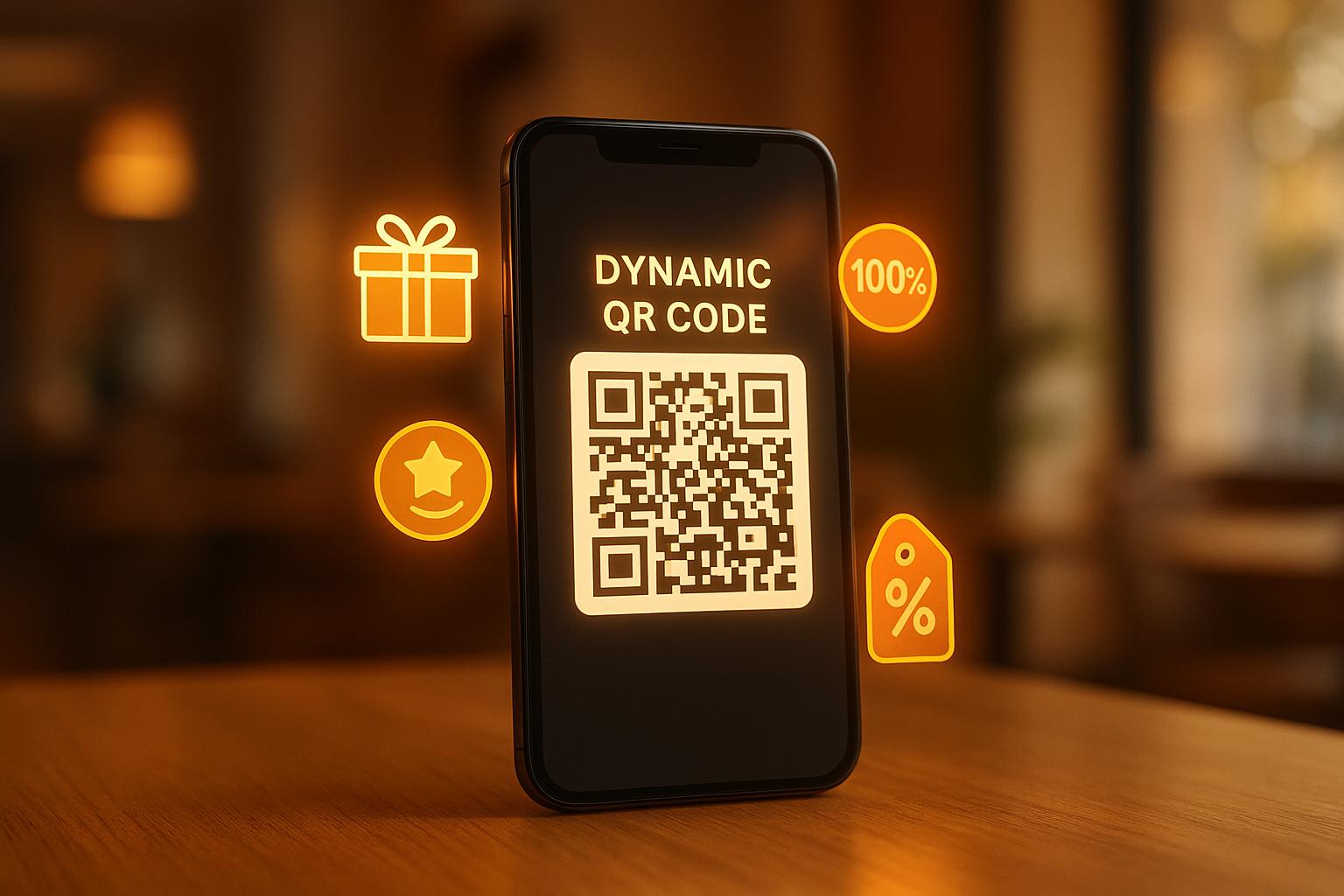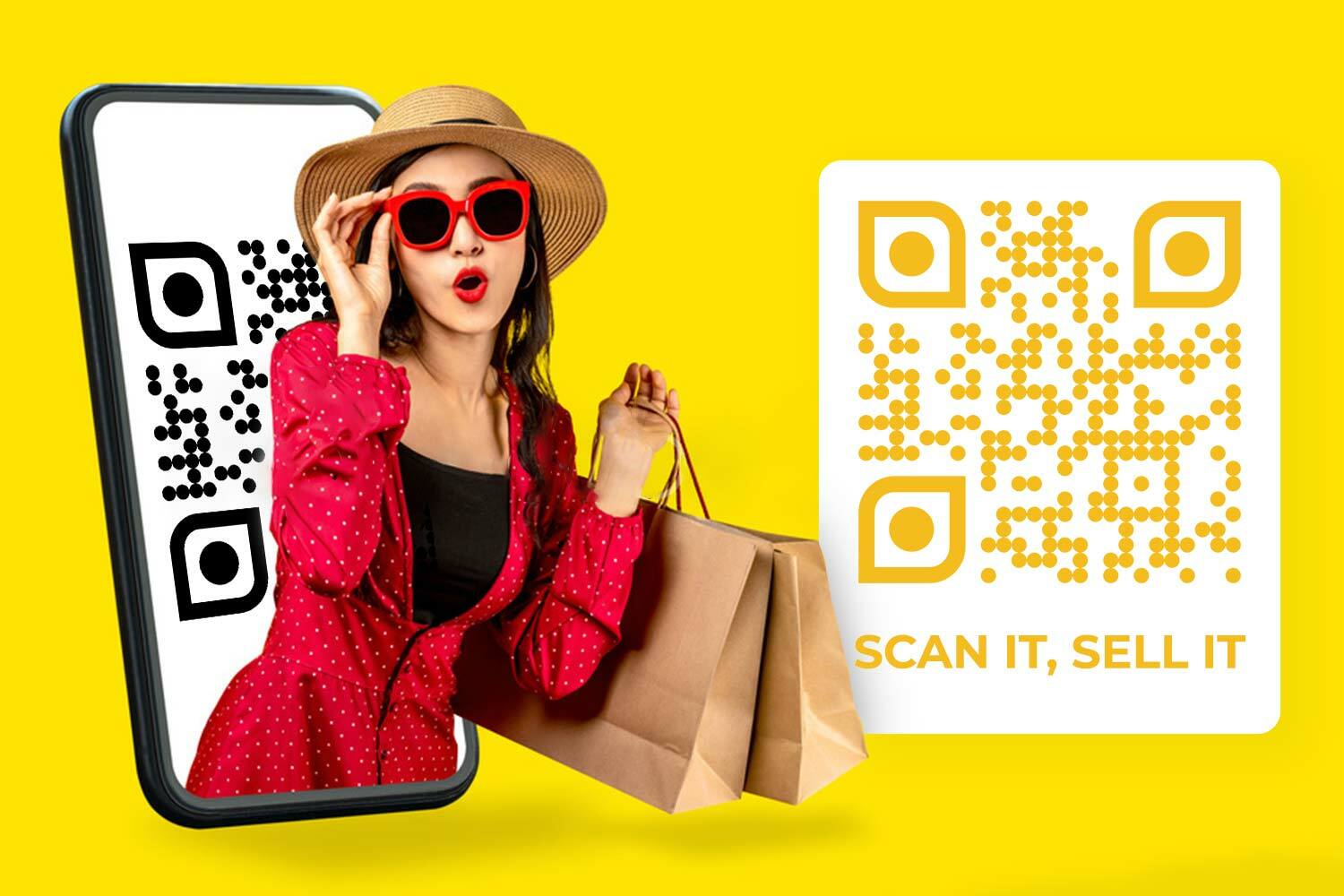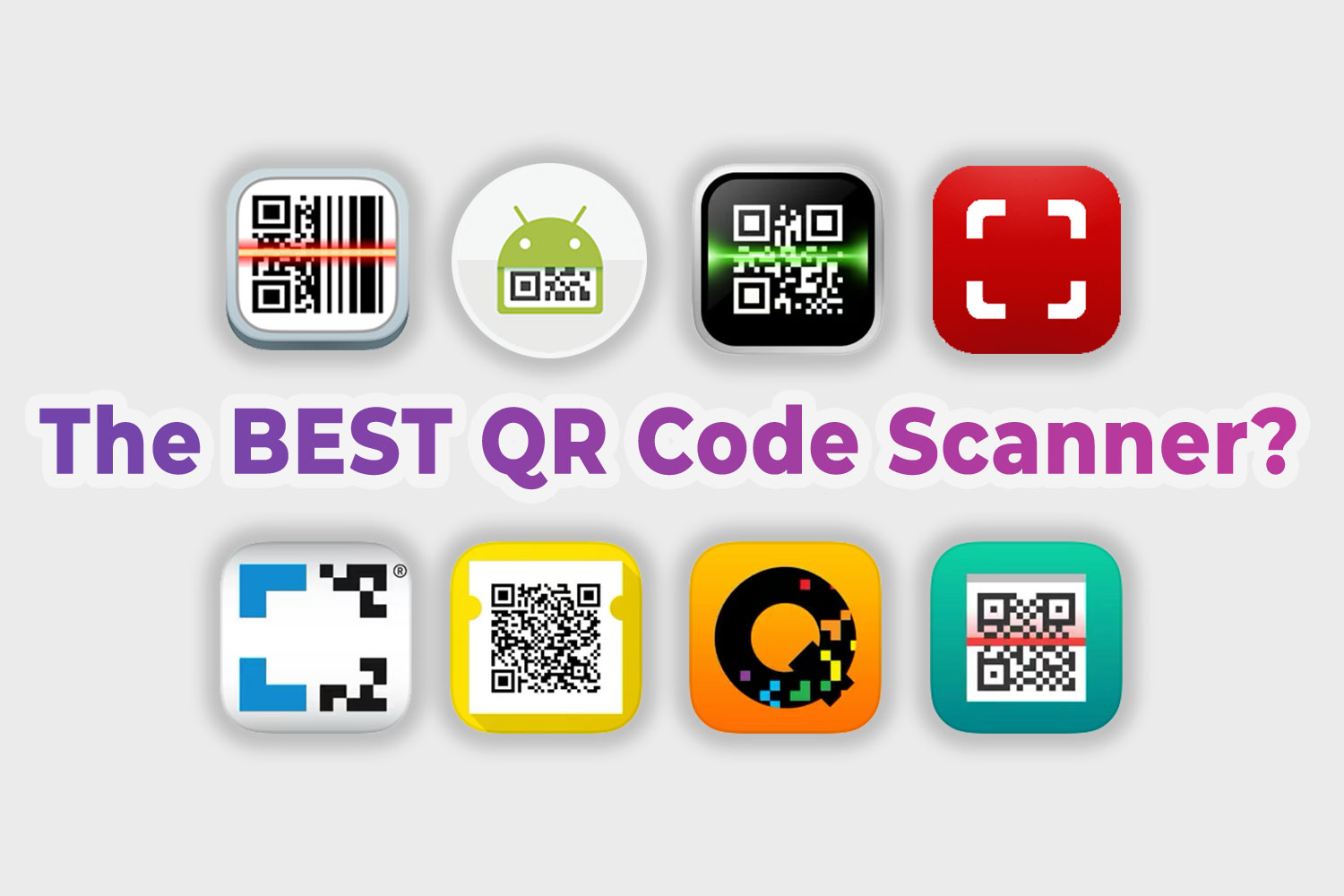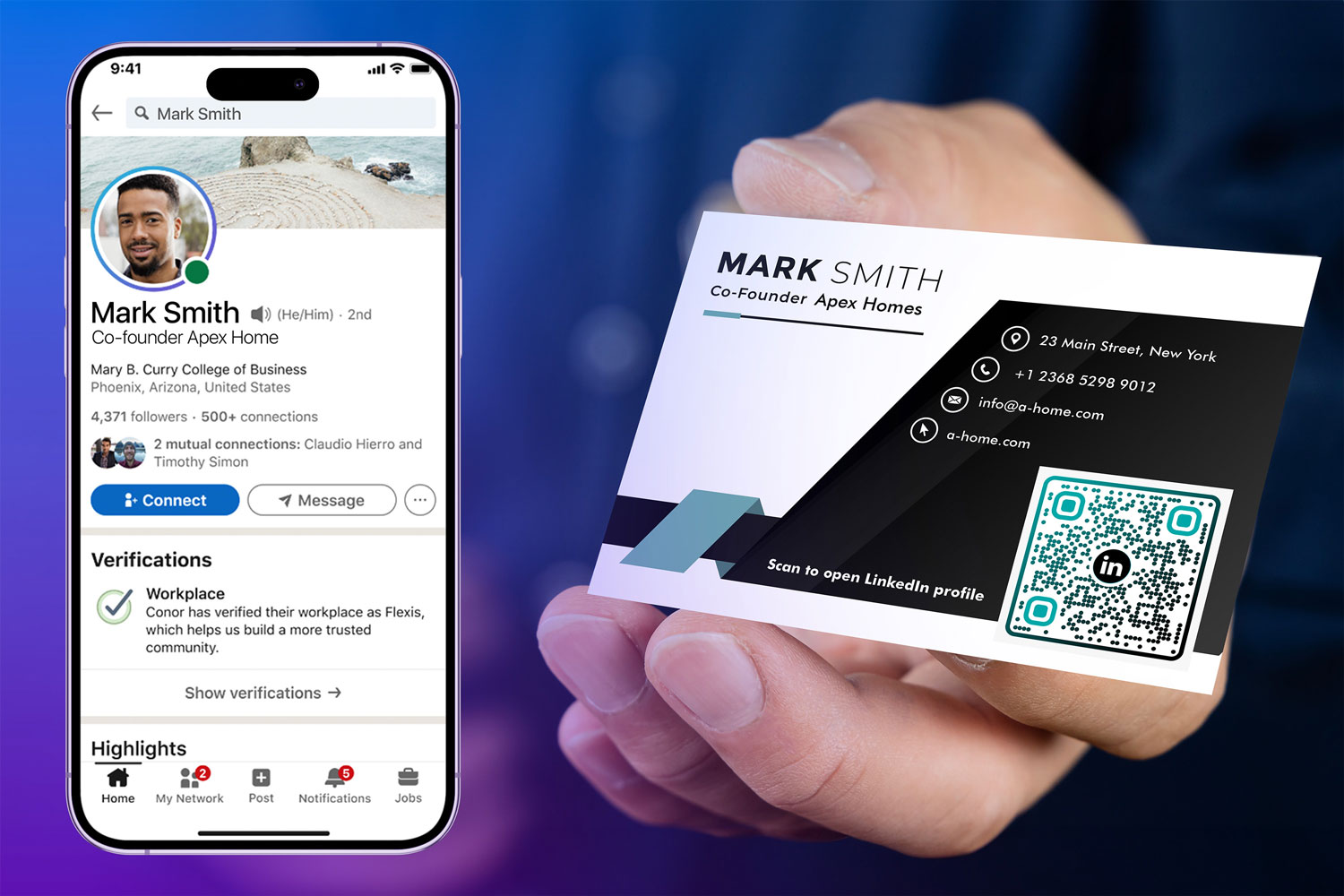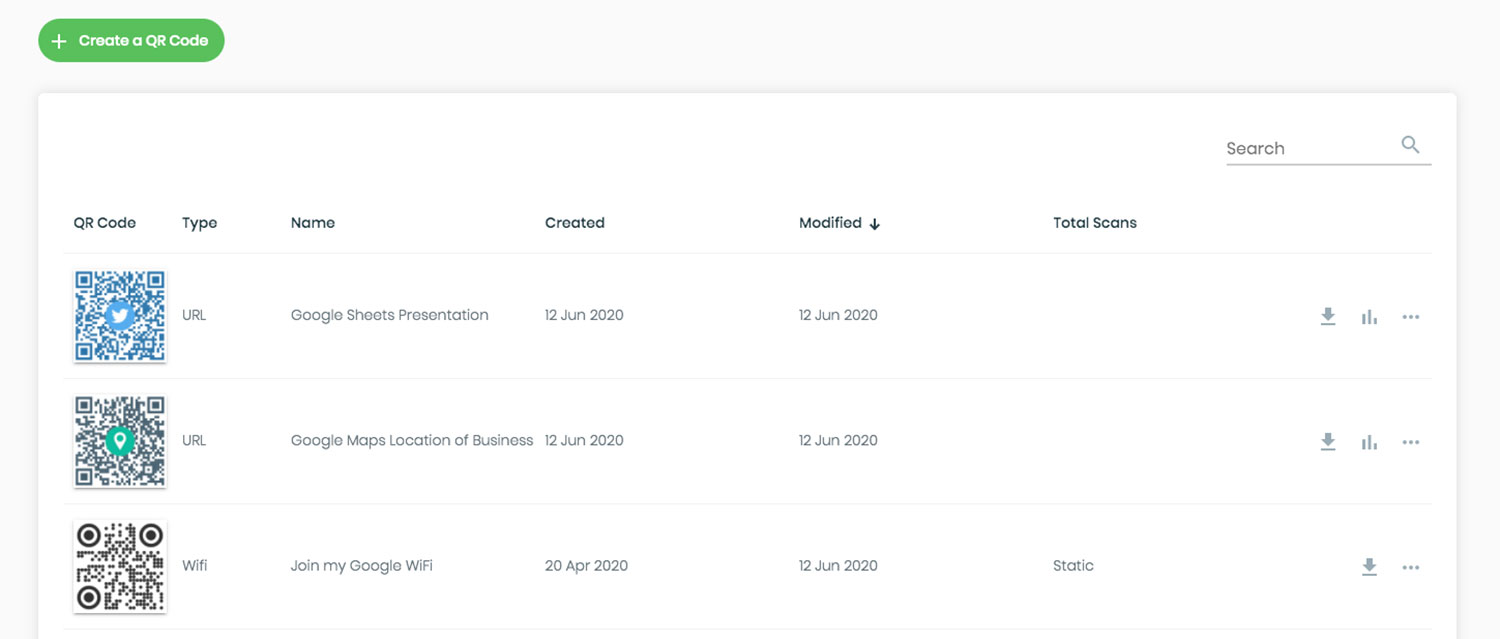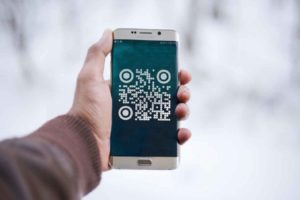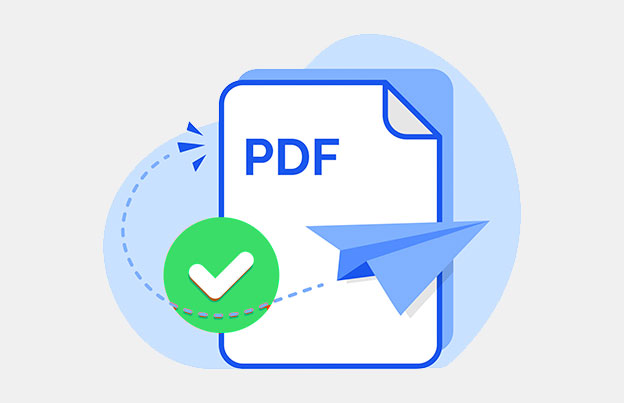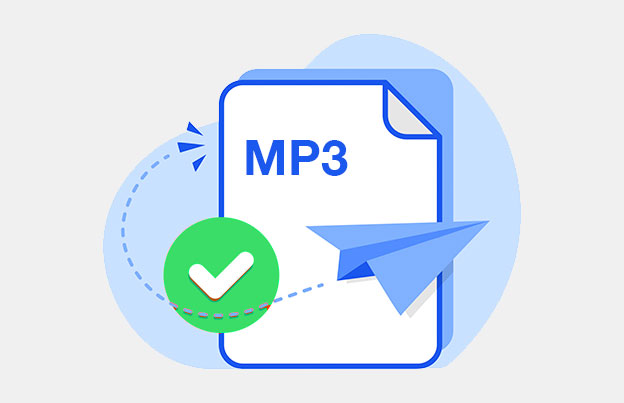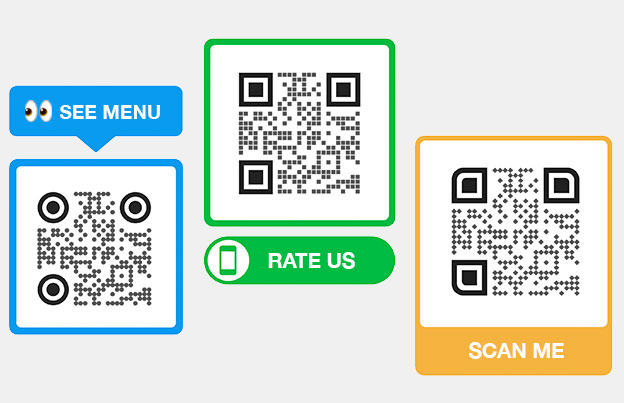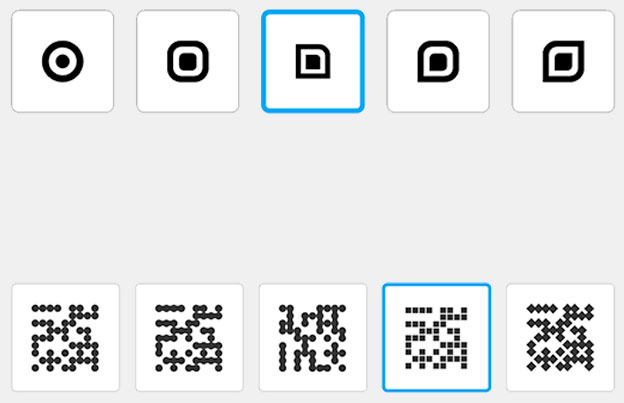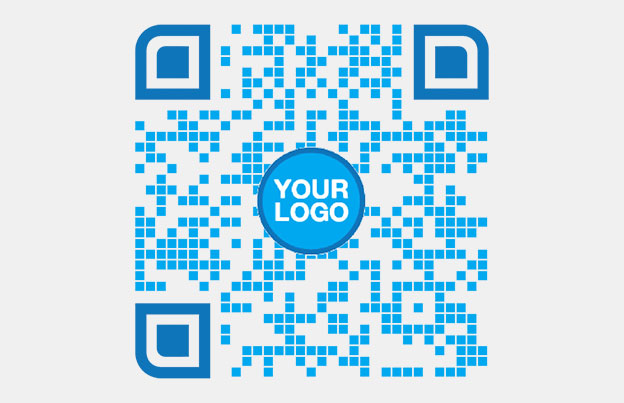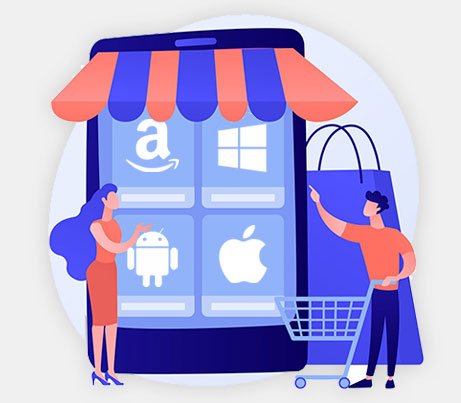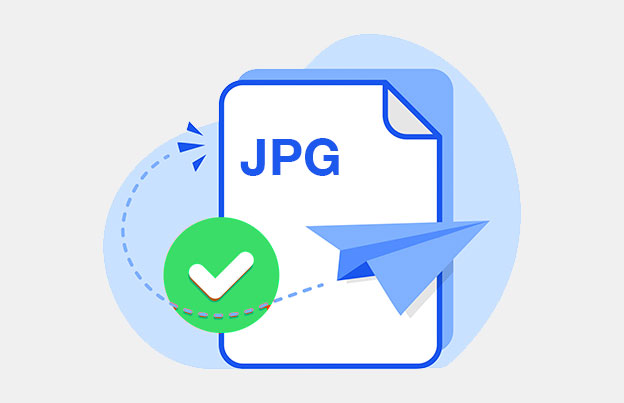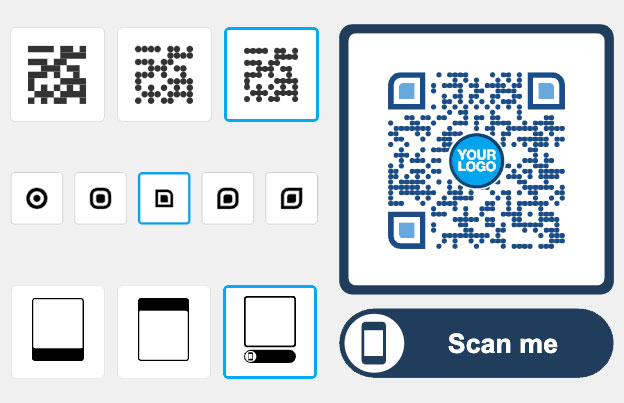Dynamic QR codes are transforming loyalty programs by making rewards more personalized, adaptable, and data-driven. Here’s why they matter and how they can help businesses improve customer retention:
- Personalized Rewards: Dynamic QR codes allow businesses to tailor offers based on customer preferences and behavior.
- Real-Time Updates: Unlike static QR codes, dynamic ones can be edited without reprinting, saving time and resources.
- Data Insights: Every scan provides valuable analytics, helping businesses understand customer behavior and refine rewards programs.
- Improved Engagement: Big brands like Starbucks and GCash use dynamic QR codes to deliver custom rewards, boosting customer loyalty.
- Ease of Use: These codes simplify loyalty programs by removing traditional barriers like cards or manual tracking.
Quick Comparison: Static vs. Dynamic QR Codes
| Feature | Static QR Codes | Dynamic QR Codes |
|---|---|---|
| Editability | Cannot be edited | Can be updated anytime |
| Tracking | No tracking | Detailed analytics |
| Personalization | Same experience for all | Tailored experiences |
| Cost | Free or low-cost | Requires software |
| Security | Limited | High, with fraud controls |
Dynamic QR codes are a game-changer for loyalty programs, helping businesses deliver better rewards, gather actionable data, and keep customers coming back. Ready to improve your loyalty strategy? Start by exploring dynamic QR code tools today.
Design Your Digital Loyalty Card & QR Code
Common roadblocks in making loyalty programs fit each person
As firms focus more on making loyalty rewards fit each person, they run into problems that old ways can’t solve. Many firms still use the same rewards for everyone, which fails to match what different people now expect. Yet, using changing QR codes is starting to help with these issues.
Same rewards don’t work well
Old-style loyalty rewards give the same perks to everyone, not minding what each person likes. This often makes people care less because everyone has their own way of buying and likes.
Recent stats show this point: more folks by 5–10% are likely to switch loyalty plans than two years back. Also, over 35% plan to drop some of their memberships in the next year, with more than half of those aged 18 to 34 ready to leave.
Same rewards also don’t make a deep link. They push people to think only about getting points, not about a real tie to the brand. This means they’re more ready to leave if another place gives a better deal. For example, only 3.8% think loyalty programs sway their buying choices, while 54% look at price first. Without deals that grab them, people lose interest fast.
Slow ways to gather data by hand
Many firms still use slow, old ways to collect customer data, which makes things slow and lifts the chance of mistakes. These old steps use up time that could go to making customers happy.
Look at Eastern Bank PLC, which had a hard time with split systems and tracking rewards by hand. Such slow steps led to many mistakes and delays. Also, pulling data together and reporting by hand often miss chances for quick changes. Split talks add more mess, with 56% of firms saying such issues stop them from giving smooth customer experiences. All these slow steps make it hard to get useful thoughts when most needed.
Hard time with useful thoughts
Getting data on customers is only the start – turning that data into useful thoughts is where many firms face trouble. Without a clear view of how people deal with loyalty programs, making real links becomes very hard.
For instance, not well-matched perks often fail to get the actions wanted, like more visits, more buys, or buys across different types of goods. This mistake wastes effort on perks that don’t click with people. On the other hand, firms that get better at looking at data can see great results. One store, for example, made people spend three times more on snacks and eight times more on health and beauty by using data well.
Even with the chance to do well, many loyalty plans miss the mark. Though 63% of people look at loyalty programs when they buy, the average U.S. person joins about 12 programs. Yet, 77% of plans based on buying can’t last two years as they can’t keep up with changing expectations of people.
Dynamic QR code tech helps a lot. It lets you make changes fast and set up better answers. This tech meets big problems well, helping firms make loyalty plans that really click with their buyers.
How Dynamic QR Codes Fix Personal Need Problems
Dynamic QR codes are making big changes for loyalty plans by giving a kind of ease that fixed setups just can’t. Rather than sticking to strict, old plans, shops can now shift their ways fast to fit new buyer wants and market moves.
What makes these QR codes so strong is they can change info without the need for new prints. For example, Amazon‘s SmileCodes let a single printed QR code bring place-based perks, while Target used them to change scan results based on what stuff was in stock. This cut out the need for many printed items at each place while still giving right, fit setups.
Fast Edits and Changes
With dynamic QR code tools, you can right away change links, deals, and plans with no trouble.
This shift power is key for time-based deals or quick sales. Target showed this power in its Gift Cards All Gone QR Code event. When folks scanned the same QR code, they were sent to new gift card options or other choices right away. This meant no thrown out ads and a smooth buyer time.
For loyalty plans, you can start plans with pre-made QR codes on flyers or business cards and change rewards, points, or deals based on what buyers say. If a certain prize isn’t a hit, you can change it fast, saving time and stuff. This fast shift power also makes it great for making more fit buyer paths.
Making Buyer-Specific Moments
Dynamic QR codes go one step more by letting brands give very fit moments. Rather than a common web page, buyers can be taken to fit content based on what they like or buy before.
Take GCash, a top mobile pay group in the Philippines, as an example. They use dynamic QR codes to give out fit discount vouchers when folks use their scan-to-pay system. Also, each scan gets a special tag, bettering both fit feel and safety. This lets shops give different content to different group sets without fresh prints.
Brands like Curology and Daily Harvest have used this way to lift their buyer times. By giving fit talks, these groups have made loyalty plans that match their buyers’ own buy ways, making deeper ties and long-time links.
Joining with Stats Tools
Dynamic QR codes do more than just allow fast changes and personal touches – they also give key insights into how folks act. They track where, when, and click numbers, and they can join with tools like Google Stats to give shops a full view of how folks join with their plans.
"Marketing teams that implement QR codes – especially if they use newer, dynamic QR code technology – gain significant competitive advantages in customer engagement, data collection, and revenue generation, transforming every consumer touchpoint into an opportunity for meaningful connection." – Sharat Potharaju, Co-Founder and CEO at Uniqode
The proof is in the numbers: 95% of companies say QR codes help them get key first-hand data, and QR-linked stuff draws in 3-4 times more eyes than old ways. This way of using data lets firms test two choices at once, helping them see which rewards, pages, or calls to do work best. By watching who scans QR codes, they can also find and go after these same users on sites like Google and Facebook for a bigger effect.
Tools like Pageloot make all this easy, giving deep looks into how people scan, link, and buy in different places and plans. With this info, firms can keep making their rewards and methods better, pulling in folks again and again.
Keeping Customers with QR Code Drives
QR codes bring new life to loyalty plans, making them easy and fun to join. Noting that 70% of people favor brands with such plans, and 79% stay with a brand for them, the power of these codes is big. They link up with users and make them return again and again.
Easy Loyalty Steps
Old loyalty steps can be a drag – with cards, account numbers, or app needs. QR codes cut these steps out, making it easy for everyone.
Look at Starbucks. Their way lets buyers get Stars just by scanning a code when they pay. Wendy’s does similar, lettings users scan a code at the desk to get points on each buy. These ways remove mix-ups and make it simple to join in.
Another plus of QR codes is their recipe can change fast. No need to print new codes. You can change points, add prizes, or start time-limited offers, and your customers always scan the same code to see the newest deals.
QR codes also make joining easy. They can take new users to join pages, fill out forms with their spot info, or even add offer codes. What used to take long now happens quick, pushing up join rates and getting users more involved.
Play and Spot-Based Prizes
More than simple ways, playing games and spot-based prizes lift how users feel about your brand. Over 60% of people say they would spend more with fun brands, and 88% feel better when they play with brand games.
QR codes make adding game bits easy. For example, firms can set up scanning runs, where buyers get more for scanning a code each day. Think about unlocking special things or more points just for scanning codes for a week in a row.
Spot-based prizes add fun too. With geofencing, users can get alerts about QR code deals when they are near your shop. This drives more people to visit and puts a timer on coming over.
Deals like double points can up sales by 25.3%. With QR codes, you can turn a normal code into an "event mode" to give more points during busy times, holidays, or slow times, all without new prints.
To blend game bits in well, think about putting QR codes on signs near your door for check-in prizes, or on items to show hidden prizes when scanned.
Auto Tools for Personal Follow-Ups
QR codes do great with auto tools and CRM setups, making it simple to follow up in a way that feels right to each user. This method makes your talks feel more made for them and not just like any message.
For example, when a shopper scans a QR code, it can set off a series of automated emails about what they bought before or their reward level. If someone scans a code after buying coffee, they could get an email the next day offering a cheaper price on pastries to bring them back.
Brands like Daily Harvest put QR codes in their boxes to keep buyers coming back and telling friends, while Curology makes shopping better by linking online and in-store experiences smoothly.
For some businesses, this kind of smart touch means even more. Restaurants can show foods you might like based on past meals, and stores could suggest items that go well with what you just bought.
Using automation lets you try new ways to draw people in. You can send out birthday deals, offer extras based on old buys, or reach out to people who haven’t shopped in a while.
It’s key to see that even a small 5% jump in keeping customers can boost profits by 25% to 95%. Dynamic QR codes help do this by crafting experiences that make customers want to come back many times.
sbb-itb-74874c9
Top things in good QR code sites like Pageloot

Picking the right QR code site can make or break your loyalty drive. Sites like Pageloot do more than just make QR codes – they give tools to make fun, easy to track, and safe reward events that stick with you.
Own style and look
Pageloot lets you make a QR code that shows off your brand style by adding your colors, logos, and own call-to-action frames. These style choices are not just for looks – they really help get results. QR codes that match your brand build trust and get more clicks. For example, Alan Harlow from OASIS Hotels & Resorts found Pageloot’s style choices so good that he kept the site for later use.
"Match your brand with logos, colors, and design options." – Pageloot
Getting the mix of looks and use right is key. Using brand stuff like logos and colors can make your QR codes pop. Yet keeping a clear gap between the front and back is a must so they work well. Special templates for each field make it all easy, letting your codes fit in smooth with your ads.
"Adding some color is the simplest way to make a QR Code interesting and grab the attention of a consumer." – QR Planet
Great design is key, but knowing how your customers act is just as key in fine-tuning your way to keep them coming back.
Live data and follow-ups
Pageloot’s tools let you see in detail how people use your QR codes. You can check when, where, and on what kind of gear they scan, as well as spot trends in how they act. This helps you see when they engage the most and what rewards they like best. Now, 51% of firms stress big data in their QR plans, so being able to use this info gives you a strong upper hand.
Take Davines Group as an example. They used scan info from their teach aids to shape choices for their site and app build. Andrea Zanardi, their ICT Business Partner, said:
"It’s really helpful to look at overall scans and in-depth metrics like the map, scans by time of day, and scans by device used. With scans by device, for instance, we use that data to help guide our focus when developing apps or features on our website."
Loyalty plans let shops try out deals, see which perks make people come back, and tweak plans based on what customers do. Having good safety steps makes sure your plans work well and stay safe.
Safe and hard-to-fake QR codes
Keeping things safe is key when you handle customer info and prizes. Pageloot’s dynamic QR code generator guards against fraud by letting you change or turn off codes that may be at risk. These aren’t like normal QR codes – you can update where they go without having to print them again. This helps you fix or stop codes fast, which is key for loyalty pushes.
This service also keeps an eye on scan tries, letting you catch odd patterns before they get bad. For those running big loyalty plans, Pageloot’s tools, like folders and tags, help you run several pushes at once. For example, food places can deal with deals for each spot, while e-commerce sites can handle rewards for specific goods without mix-ups or security worries.
It also backs vector types like EPS, PDF, and SVG, making sure your QR codes look good in any size. This cuts scanning mistakes and makes them easy to use.
Dynamic vs. Static QR Codes: A Comparison
When it comes to loyalty programs, not all QR codes are created equal. Choosing between dynamic and static QR codes can significantly influence how personalized and effective your rewards strategy becomes. Let’s break down the differences and see why dynamic QR codes often take the lead in modern loyalty programs.
Static QR Codes: Simple but Limited
Static QR codes store fixed data directly within their patterns. Once created, the information they contain – like a website link – cannot be changed or updated. This makes them suitable for straightforward tasks, such as sharing a permanent URL. However, for loyalty programs that need adaptability and personalization, static codes fall short. They lack flexibility and offer no ability to evolve alongside your campaign.
Dynamic QR Codes: Flexible and Insightful
Dynamic QR codes, on the other hand, work by using smart redirect links. Instead of embedding a fixed destination, these codes point to a short URL that you can manage and update as needed. This means you can tweak rewards, adjust campaigns, or personalize customer experiences without reprinting the QR codes. Such flexibility is essential for loyalty programs that need to respond to changing customer behaviors.
Another standout feature of dynamic QR codes is their ability to provide actionable data. Every scan generates insights – like when and where the code was used – giving you a clearer picture of how customers interact with your program. Static codes, unfortunately, don’t offer any tracking, leaving businesses in the dark when it comes to measuring engagement.
Dynamic codes also allow for advanced features like retargeting pixels, enabling businesses to follow up with customers after a scan. They can even create tailored experiences based on factors like location, time of day, or customer type. In contrast, static codes deliver the same experience to everyone, limiting their effectiveness in personalized campaigns.
QR Code Feature Comparison
| Feature | Static QR Codes | Dynamic QR Codes |
|---|---|---|
| Editability | Cannot be edited once created | Can be edited even after printing |
| Tracking & Analytics | No tracking capabilities | Full tracking and analytics available |
| Personalization | No online retargeting | Supports online retargeting |
| URL Structure | Long and complex URLs | Short and clean URLs |
| Scan Speed | Slower to scan | Faster to scan |
| Campaign Flexibility | Fixed campaigns only | Adaptable campaigns on a schedule |
| Data Storage | Data embedded in the QR code | Data hosted on external servers |
| Cost | Low-cost or free | Requires software subscription |
| Security | Destination encoded directly | Uses redirect links for added control |
Why Dynamic QR Codes Make Sense
Dynamic QR codes may come with a higher upfront cost, but they offer unmatched advantages – like real-time updates, detailed analytics, and enhanced security. For example, if a code becomes compromised, you can disable or redirect it instantly, something static codes simply cannot do.
Pageloot’s dynamic QR codes make it easy to create a QR code that grows alongside your business. With features like tracking, editing, and personalization, dynamic codes are a smart choice for businesses focused on long-term customer retention.
Loyalty programs thrive on adaptability and customer insights. Static QR codes might save money upfront, but they lock you into a one-size-fits-all approach. Dynamic QR codes, by contrast, allow businesses to refine and improve their programs over time, meeting the demands of modern customer engagement with ease.
Conclusion and Next Steps
Dynamic QR codes are changing the game for loyalty programs by turning one-size-fits-all rewards into tailored experiences that keep customers coming back. Businesses that leverage features like real-time updates, detailed analytics, and personalized targeting often see stronger engagement compared to traditional methods.
Pageloot’s platform simplifies the process of using dynamic QR codes, making them accessible to businesses of any size. With tools to customize codes with your branding and access to over 25 QR code types, you can create everything from PDF rewards to video content that align with individual customer preferences. These features let you adjust rewards in real time, ensuring your campaigns stay relevant.
Getting started is easy: sign up for Pageloot’s 14-day free trial to explore premium features like real-time analytics, advanced styling options, and post-print editing. This trial gives you a hands-on opportunity to see how dynamic QR codes can solve your personalization challenges.
Once you’ve explored the platform, focus on creating codes that reflect your brand identity. Add your brand colors, logos, and unique design elements to make your codes instantly recognizable. Test them across different devices to ensure they work seamlessly. Consistent branding builds trust and encourages more scans.
After launching your codes, use Pageloot’s tracking tools to monitor performance. Analyze scan data and user behavior to fine-tune your campaigns over time. For even greater impact, integrate your QR codes with existing CRM and POS systems to create a loyalty program that feels effortless for your customers.
Whether you’re using QR codes on business cards, product labels, or embedding them into your restaurant or e-commerce workflows, dynamic QR codes adapt to your business needs as they grow.
Dynamic QR codes not only make rewards more personal but also provide the data you need to refine your loyalty strategy. Ready to take the next step? Create a QR code today and transform every customer interaction into a lasting connection.
FAQs
How can dynamic QR codes improve customer engagement in loyalty programs?
Dynamic QR codes have transformed how businesses engage customers in loyalty programs, offering flexibility and a more tailored approach. Unlike static QR codes, these can be updated instantly without needing to reprint, allowing businesses to tweak rewards, promotions, or content as needed. This means customers are always presented with offers that feel timely and relevant.
Beyond convenience, dynamic QR codes also deliver insightful analytics. Businesses can track details like how often a code is scanned or where it’s accessed, helping them fine-tune their strategies. By using this data to align rewards with individual preferences, companies can build stronger connections with their customers, encouraging loyalty and repeat engagement. In short, dynamic QR codes are a smart way to create personalized, data-driven loyalty experiences that keep customers coming back.
What challenges might businesses face when using dynamic QR codes in loyalty programs?
When introducing dynamic QR codes in loyalty programs, businesses might face a few hurdles. One of the most common is customer familiarity. Not everyone knows how to scan a QR code, and if the codes are placed in awkward or hard-to-reach spots, it can feel like more trouble than it’s worth. Ensuring that QR codes are easy to locate and access can make a big difference.
Another potential roadblock is privacy concerns. Some customers may be wary about how their personal information will be collected and used. To address this, businesses should be upfront about their data practices. Clear messaging around security measures and the benefits of participation can go a long way in building trust.
Lastly, customer education is key. Many people may not immediately see the value or understand the functionality of dynamic QR codes. Highlighting perks like tailored rewards and simple usability can encourage more people to engage with the program.
Can dynamic QR codes connect with CRM systems to deliver more personalized customer experiences?
Dynamic QR codes can work hand-in-hand with CRM systems to deliver highly personalized customer interactions. These QR codes are both trackable and editable, allowing businesses to connect them to CRM data for customized experiences. For example, you could create unique QR codes for individual customers that adapt in real-time to reflect their preferences or recent activities.
This kind of integration opens up opportunities for context-aware marketing, contactless engagement, and customer journey tracking. It helps businesses deepen their relationship with their audience by offering tailored interactions. When you combine the adaptability of dynamic QR codes with the robust data insights from a CRM, it becomes easier to improve customer retention and scale personalized experiences effectively.

